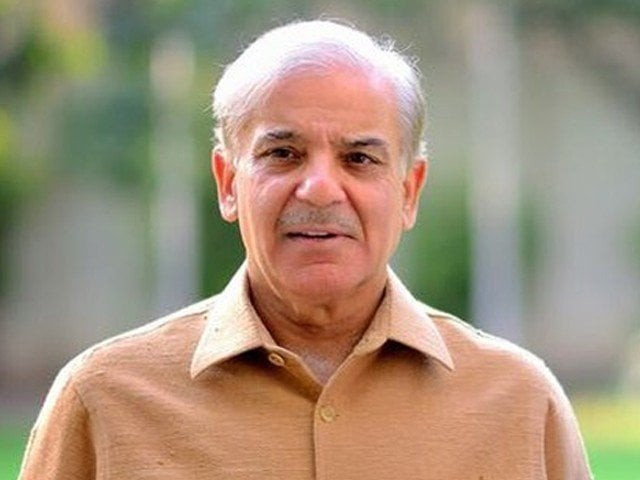Shehbaz Sharif’s wife knocks on LHC's doors against NAB court’s order
Requests court to declare accountability court's order declaring her proclaimed offender as illegal

Pakistan Muslim League - Nawaz (PNL-N) President Shehbaz Sharif’s wife, Nusrat Shehbaz, approached the Lahore High Court (LHC) on Tuesday, challenging an accountability court’s orders wherein her arrest warrants were issued and she was declared a proclaimed offender.
The court had also dismissed her plea seeking exemption from court appearance.
The LHC has been requested to declare the impugned order of November 2, 2020 illegal and having been issued without lawful authority, and set aside further proceedings in the interest of justice.
In her petition, filed through advocate Amjad Pervez, Nusrat Shehbaz has contended that the prosecution - the National Accountability Bureau (NAB) - argues that she was the benamidar owner of various properties on behalf of her husband, and aided and abetted him in committing the offence of possessing assets beyond means and money laundering.
The PML-N leader’s wife has termed the prosecution’s accusations as “false and frivolous”, further stating that the anti-graft watchdog has implicated her in the cases on mala fide intention at the behest of the federal government being headed by a political party considered the PML-N’s arch rival - the Pakistan Tehreek-e-Insaf (PTI).
Her plea further maintains that she has held a public office and is not dependent on her husband. Nusrat Shehbaz further states that she pays her income taxes and has since long been declaring all her assets before the concerned authorities.
She has stated that her assets had been associated with her husband on “mala fide intention” to make for a false case.
As per Nusrat Shehbaz’s plea, “the petitioner is about 66 years of age, is a known chronic patient of a number of serious ailments”. It further adds that she had to go abroad (the United Kingdom) during April, 2019 for her medical treatment and has since been there.
“In pursuance of knowledge regarding issuance of non-bailable warrants of arrest against the petitioner to procure her attendance, petitioner filed an application to seek exemption from personal appearance in terms of sections 75, 205 and 540-A Cr.P.C read with enabling provisions of NAO 1999,” her application maintains.
The plea states that her application was attested by the Pakistan High Commission in London and that it was dismissed despite being duly supported by the notarised and attested copies of medical certificates/opinions by qualified consultants, clearly depicting that she was not fit for any air or long-distance travel being chair and housebound.
She contended that the impugned order proceeds upon the sole premise that the respondent bureau (NAB) sought the petitioner’s presence to answer a number of questions vide call up notices, and that the petitioner seemingly fled away to circumvent the investigation.
However, she maintains in her plea that “the fact of the matter was that the petitioner had already proceeded abroad during January 2019 much before the issuance of any call up notice and authorization of investigation. Hence, the premise made basis for dismissal of application is factually incorrect on the face of record”.
Moreover, her plea states, that there was no evidence on record to show that the said call up notice had been served to her in due course and in accordance with the law.
The petitioner maintains that “the trial court has badly erred in law while placing reliance upon the case reported as PLD 2004 SC 160 because of distinguishable facts of the case as in that case, the accused had proceeded abroad without permission of the court after four months of submission of challan whereas in the instant case no challan was pending against the petitioner in any court when she proceeded abroad, rather, reference was filed on August 21, 2020 after one year and seven months of her departure”.
The trial court was not competent to issue any warrant, either bailable or non-bailable, against the petitioner when she was not residing within the territory of Pakistan much prior to the filing of the reference, the plea states.






1733130350-0/Untitled-design-(76)1733130350-0-208x130.webp)












COMMENTS
Comments are moderated and generally will be posted if they are on-topic and not abusive.
For more information, please see our Comments FAQ